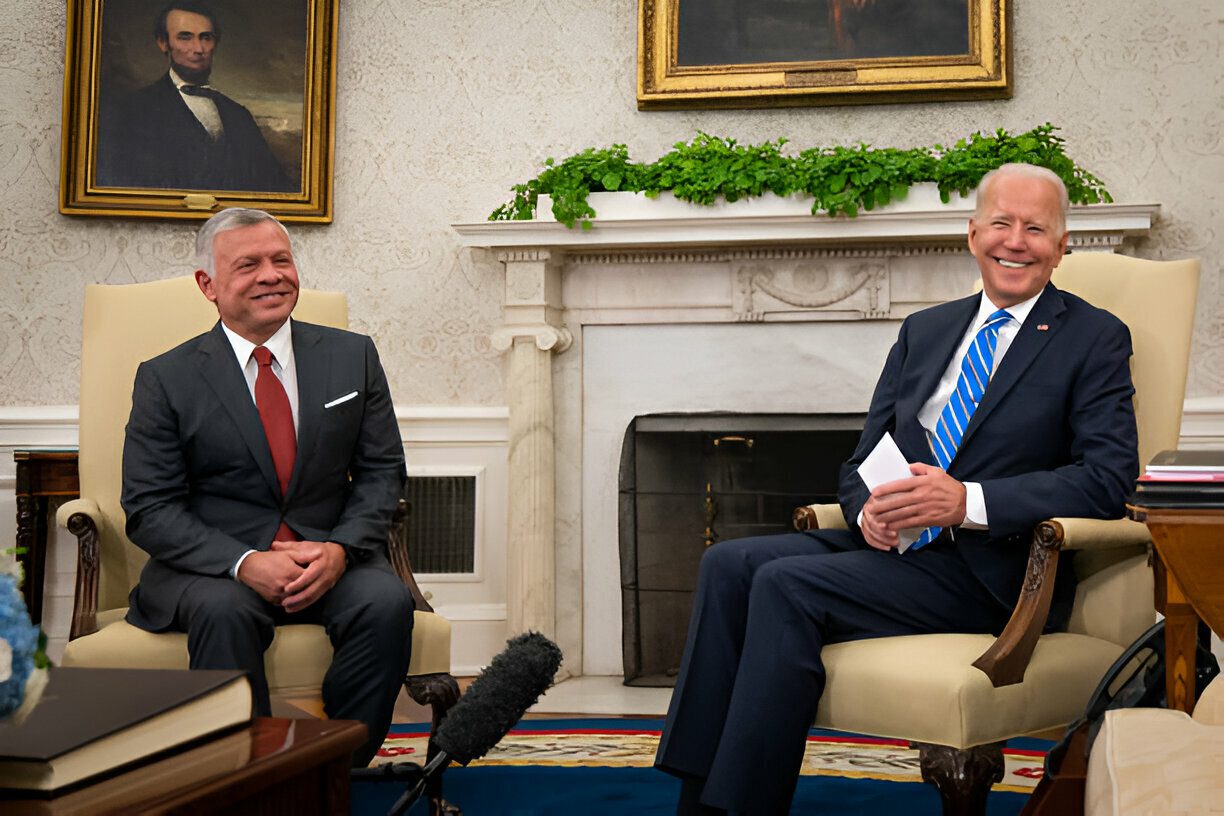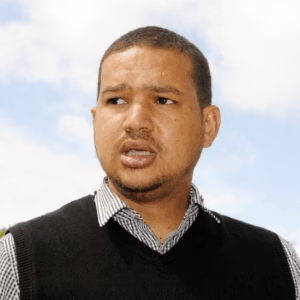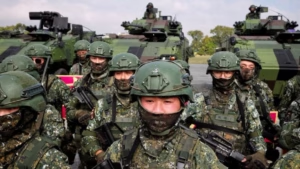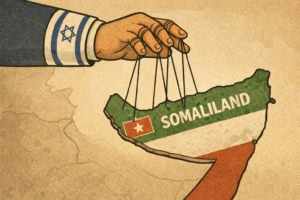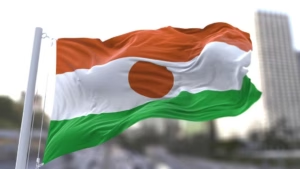King Abdullah II of Jordan and Queen Rania were hosted on Monday, June 24, by France’s President Emmanuel Macron and his wife Brigitte. This visit, marked by its diplomatic importance, was primarily focused on the ongoing conflict in Gaza and exploring potential pathways to reduce the escalating tensions in the region.
During this working visit, the two leaders delved into the complexities of the Gaza conflict. Their discussions were timely, especially given the recent developments on the international stage concerning the region.
On June 10, the United Nations Security Council endorsed a US ceasefire plan aimed at addressing the ongoing hostilities. This plan is structured in three phases, intending to pave the way for the release of the remaining hostages held by Hamas in exchange for hundreds of Palestinians currently imprisoned by Israel. However, the path to peace is fraught with challenges, as significant disputes remain between Israel and Hamas regarding the implementation of this deal.
Israeli Prime Minister Benjamin Netanyahu added another layer of complexity to the situation with his statement on Sunday. He declared his support only for a partial ceasefire deal, a position that complicates the U.S.-backed proposal and casts doubt on its potential to end the eight-month-long war in Gaza.
The human cost of this conflict has been staggering. The Israeli military operation in Gaza has resulted in the loss of over 37,600 Palestinian lives, including both men and women. This tragic toll underscores the urgent need for effective and sustainable solutions to halt the violence and bring lasting peace to the region.
“The leaders discussed ways to reduce tensions and promote peace in the region,” said a spokesperson for President Macron’s office.
As the world watches closely, the outcome of these high-level discussions remains critical. The international community continues to seek avenues to support peace efforts, hoping that diplomatic engagements like the one between King Abdullah II, Queen Rania, and President Macron will contribute to a resolution that spares further suffering and loss of life.
King Abdullah II Faced Accusations Over Alleged Support for Israel
King Abdullah II of Jordan has come under scrutiny following allegations that Jordan supported Israel by intercepting Iranian missiles and drones aimed at Israeli targets. Jordanian officials, including the King, have defended the actions as necessary for protecting Jordanian airspace and ensuring the safety of its citizens. The interceptions, which involved U.S. military cooperation, have led to debris falling in populated areas of Jordan, sparking public outrage and protests.
Many Jordanians, deeply supportive of the Palestinian cause, view these actions as a betrayal, fueling suspicions of a secret defense agreement between Jordan, Israel, and the U.S. The Jordanian government, however, denies such agreements, insisting their actions were purely defensive. This incident highlights the complex geopolitical landscape in the Middle East, where Jordan must balance its relations with Western allies and neighboring Arab states while addressing domestic discontent.
The situation has placed Jordan in a precarious position, reflecting the broader regional tensions and the challenges of maintaining stability and sovereignty amidst ongoing conflicts.

